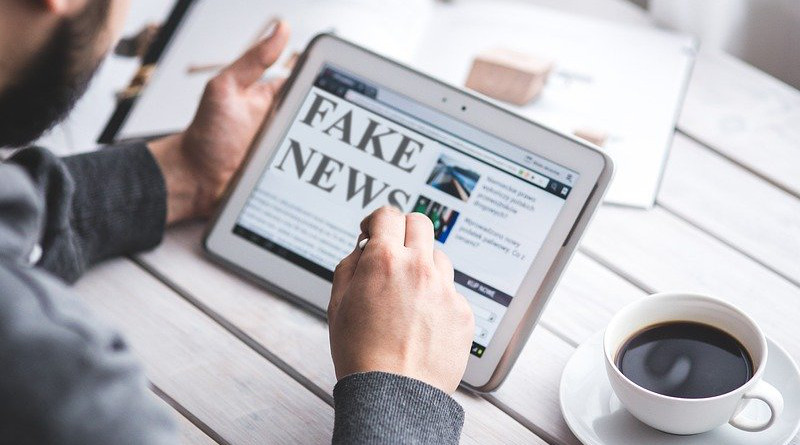Global Challenge Of Fake News And Misinformation – OpEd
The rise of social media and the internet has brought about many benefits, such as instant communication and access to information. However, with this rapid spread of information, there has also been a rise in the spread of fake news and misinformation. Fake news refers to stories that are fabricated or intentionally misleading, while misinformation is information that is inaccurate, incomplete, or misleading, but not necessarily intentionally so. Both of these phenomena have become increasingly prevalent in recent years, leading to significant concerns about their impact on society.
Fake news and misinformation can have serious consequences, both for individuals and for society as a whole. For example, in the 2016 U.S. presidential election, fake news stories were shared on social media and likely influenced some voters’ decisions. Similarly, during the COVID-19 pandemic, misinformation about the virus and its treatments has led some people to engage in dangerous behaviors, such as ingesting bleach or refusing to wear masks.
Fake news has had a significant impact on Pakistan, especially in its political background. In recent years, the spread of fake news has increased exponentially due to the rise of social media and online news outlets. In Pakistan misinformation has become a pervasive and dangerous issue in our modern society. With the rise of social media and the internet, it has become easier than ever to spread false information and propaganda to large audiences.
One of the biggest impacts of fake news in Pakistan is the way it has been used to influence election outcomes. Political parties and their supporters have been known to spread false information about their opponents in an attempt to sway public opinion. This has created an environment of mistrust and suspicion, with people being unsure of what to believe.
Fake news stories that paint one community or group in a negative light have been known to fuel tensions and lead to violence. The spread of fake news has also had a detrimental impact on the media industry in Pakistan. The credibility of traditional media outlets has been called into question as more and more people turn to online news sources. This has created a situation where it is difficult to know what news sources can be trusted.
Fake news and misinformation have become a pervasive and dangerous issue in our modern society. With the rise of social media and the internet, it has become easier than ever to spread false information and propaganda to large audiences.
The impact of fake news and misinformation can be far-reaching and devastating. It can cause harm to individuals, communities, and even nations. Some of the ways that fake news and misinformation can impact our lives:
- Undermining trust in the media: When people are repeatedly exposed to fake news, they may begin to lose trust in traditional media sources. This can make it harder for people to differentiate between real news and fake news.
- Spreading fear and panic: False information can be used to stoke fear and panic among people. This can have serious consequences, such as causing people to avoid certain places or events, or even causing social unrest.
- Damaging reputations: False information can be used to damage the reputation of individuals, organizations, or entire communities. This can be particularly harmful when the false information is widely spread on social media.
- Impacting elections: Fake news and misinformation can be used to manipulate public opinion and impact election outcomes. This can have serious consequences for democracy.
- Hindering public health efforts: Misinformation about health issues can lead people to make poor decisions about their health, such as avoiding vaccines or other preventative measures.
One approach is to promote media literacy and critical thinking skills. By teaching people how to evaluate sources of information and fact-check claims, individuals can become more resilient to false information. In addition, social media platforms can take steps to limit the spread of fake news, such as flagging or removing false stories and promoting trustworthy sources of information.
The writer is an Islamabad based freelance analyst.

